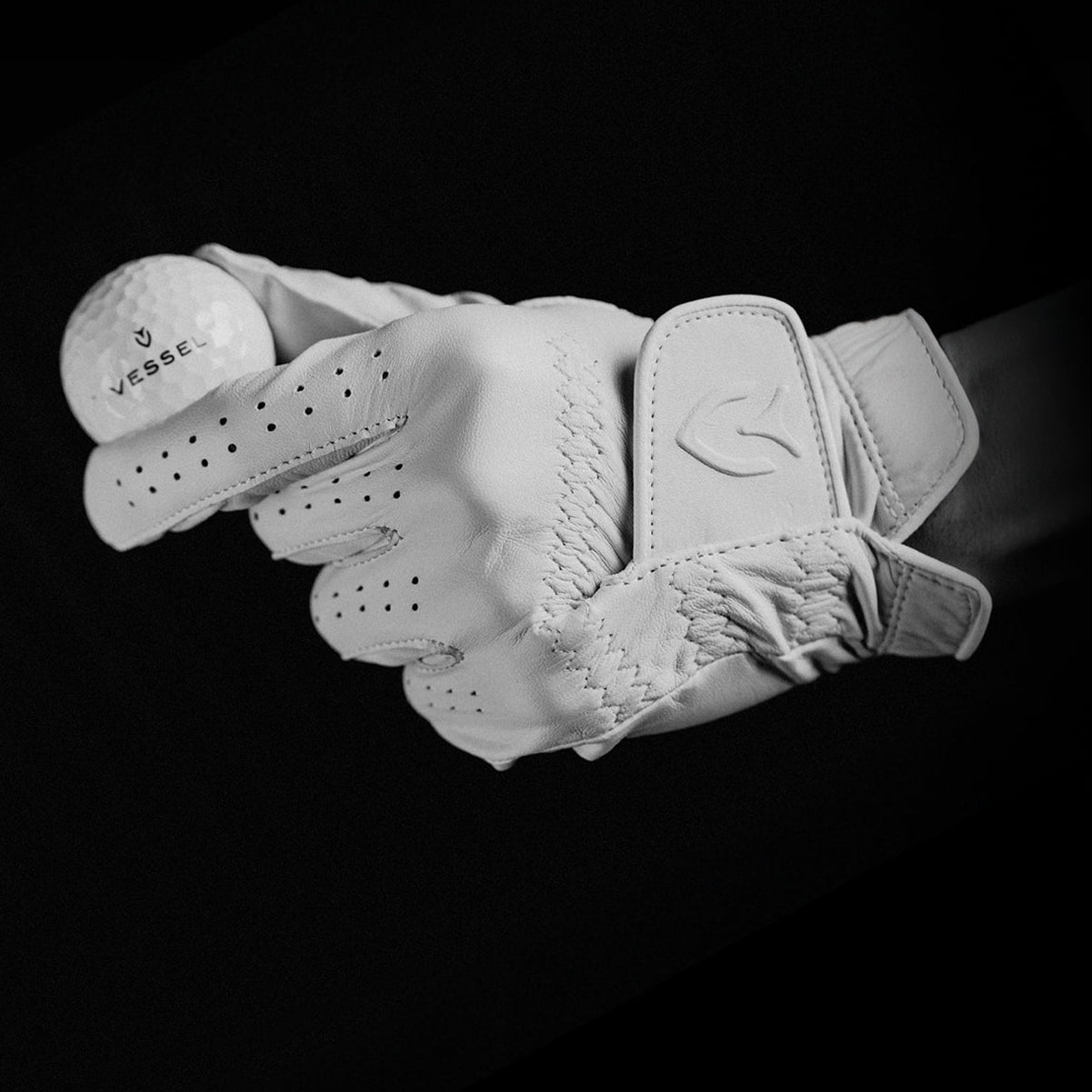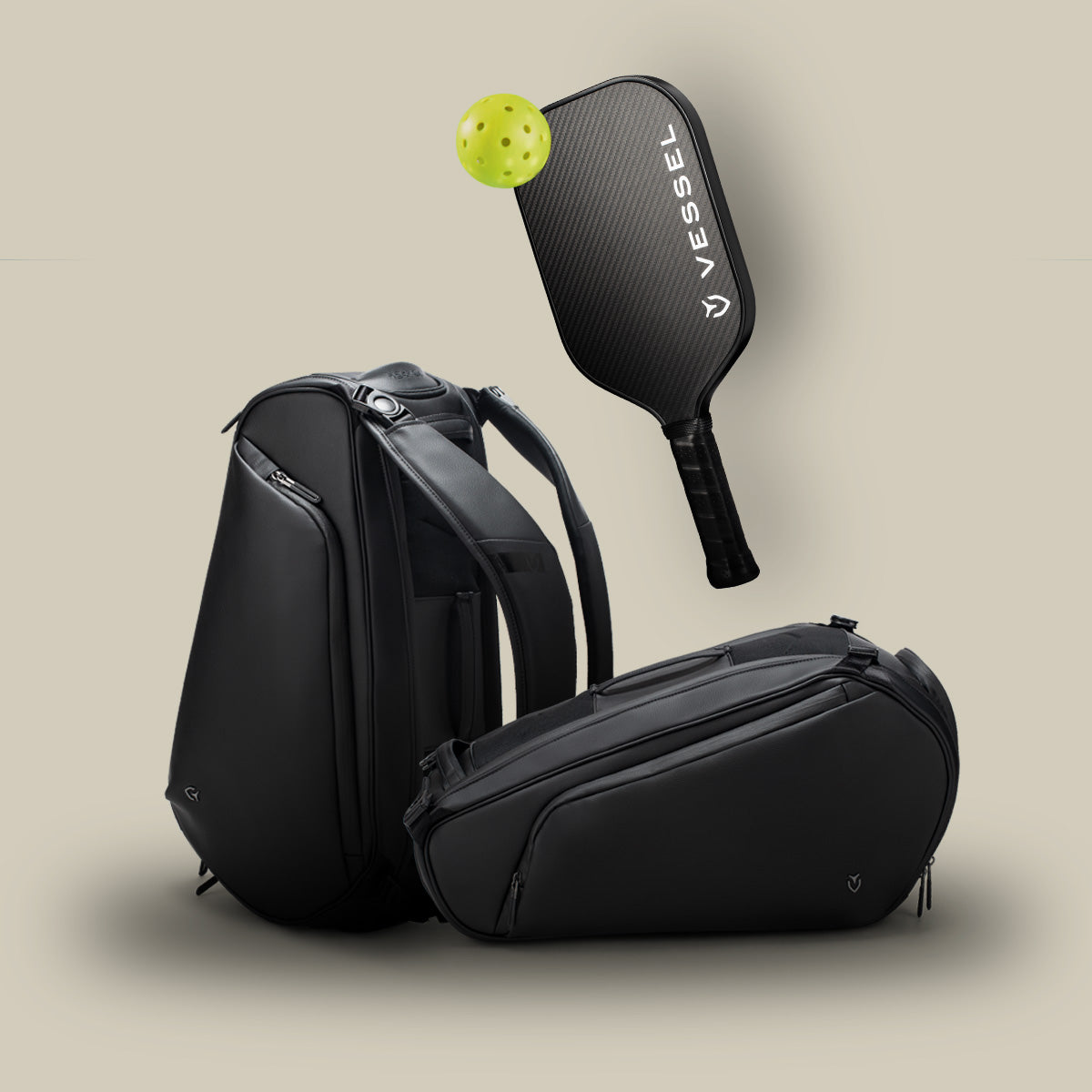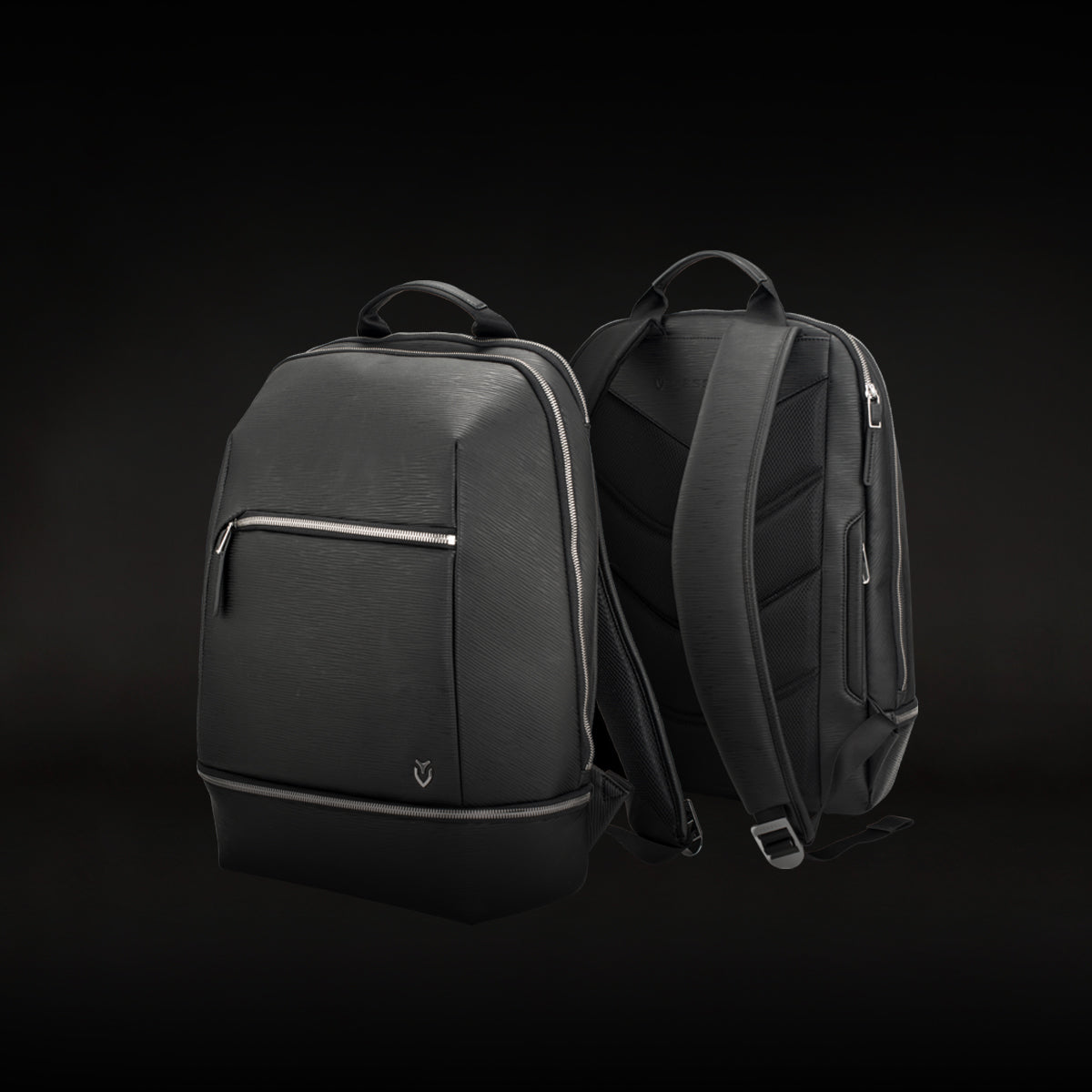

You'll want to think about your playing style and what matters most when picking between 6-way and 14-way golf bags. If you're into walking the course or like keeping things simple, a 6-way bag might be your best bet - it's lighter, easier to organize, and won't break the bank. On the flip side, a 14-way bag is perfect if you're using a cart or have invested in fancy clubs. Sure, it's heavier and costs more, but you'll get individual slots and full-length dividers to keep your clubs safe and sound. Think about how often you're hitting the links, whether you prefer walking or riding, and how you like to organize your clubs. Just remember - this isn't just about how your clubs are arranged; it's about finding what works best for your game.
Understanding Golf Bag Divider Systems

Your golf bag's divider system does more than just organize clubs - it keeps them protected and easy to access. You'll find options ranging from basic 2-way dividers that work great for casual players to detailed 14-way systems where every club has its own spot. Most golfers go for either 4-way dividers, which are perfect for stand bags, or 6-way systems that hit the sweet spot between simple and complex.
Having the right dividers makes a huge difference in how smoothly your round goes. Think about whether you're walking or taking a cart, since this will affect what setup works best for you. Full-length dividers give your clubs better protection but they're heavier, while shorter ones keep the bag lighter. You can also choose between soft dividers that flex with your movements or rigid ones that hold their shape.
In the end, don't just think about staying organized - a good divider system protects your clubs and makes your time on the course more fun.
Club Protection and Storage Space
The number of dividers in your golf bag makes a big difference in protecting and storing your clubs. If you're looking at 14-way bags, you'll get individual slots and full-length dividers that do a better job of protecting your shafts from damage and scratches. Plus, they'll keep your clubs organized and easy to grab. If you've spent good money on high-end clubs, these bags are definitely worth considering.
Having more dividers also means less annoying club noise when you're moving around the course. Now, if you go with a 6-way bag, you'll need to be a bit more careful about how you arrange your clubs. While they're lighter and take up less space, your clubs will be touching each other more, which can lead to scratches. You won't have as much room for extras in a 6-way bag, but that might be perfect if you like keeping things simple.
Walking Versus Cart Considerations

Your playing style, not just bag weight, will determine what type of golf bag you need. If you're walking the course, you'll want a stand bag that's light and easy to carry. If you're riding in a cart, go for a sturdier cart bag with more storage space. Your choice will affect how comfortable and convenient your round is, so match the bag to how you typically play.
When you're using a cart bag, keep your cart 15-30 feet away from any green to protect the turf. If you're using a push cart, look for one between 13.8 and 25 pounds - this gives you good stability while still being easy to push around.
Stand bags are perfect for walkers since they're easy to carry and versatile. They come with dual straps and built-in stands to keep your clubs stable on the ground. While they don't hold as much as cart bags, they make up for it by being more portable and comfortable. Cart bags, on the other hand, offer lots of storage and special compartments, plus they have non-slip bases and features to keep them secure on the cart.
Cost and Value Analysis
Understanding the cost-value equation of golf bags requires balancing several key factors. While both 6-way and 14-way bags hover around the same price, you'll find that weight differences and organizational features play essential roles in determining their true value. You're not just paying for dividers; you're investing in convenience and durability.
Premium materials like carbon fiber legs and tour-grade synthetic leather justify higher price points
Weight difference of about 0.3 lbs between 6-way and 14-way bags affects carrying comfort
Full-length dividers in 14-way bags can extend your bag's lifespan
Included accessories, like cart strap sleeves, add value but may not matter to everyone
Consider your playing style and frequency when assessing these options, as the right choice depends heavily on your personal needs.
Golf Course Statistics
Golf's booming popularity has created a wide range of playing styles that'll impact how you choose your bag. With more than 26 million Americans playing golf and rounds reaching levels we haven't seen since the '90s, you'll need a bag that fits how you play.
If you're among the growing number of walking golfers, you'll benefit from a lighter 6-way divider system
For cart riders who play 20+ rounds annually, a 14-way divider offers maximum club protection
Junior golfers and beginners might prefer simpler 6-way arrangements for easier club management
If you split time between course and range play, consider a versatile bag with moderate organization
Weekend warriors who play casually should focus on durability rather than extensive compartmentalization
How often you play, how you like to walk, and which courses you prefer will help you pick the right divider system.
Frequently Asked Questions
Do Professional Golfers Prefer 6-Way or 14-Way Golf Bags?
You'd think pro golfers would have a unanimous preference, but there's no clear winner! While 14-way dividers are popular on tour for their superior organization and club protection, some pros actually opt for 6-way bags, especially when they're walking the course. The choice often depends on personal style, caddie preferences, and playing conditions. What you'll notice, though, is that most pros lean toward 14-way dividers for tournament play.Make sure you're keeping detailed scorecards and following the rules during these games. While you're playing your rounds, you can join a golf club or association to prepare for your official registration.
How Do Seasonal Weather Conditions Affect the Choice Between Divider Systems?
When you're playing in wet conditions, you'll find a 14-way bag's individual slots particularly beneficial, as they'll prevent your clubs from clashing and getting damaged. However, if you're golfing in dry, summer weather, a 6-way bag's simpler organization might be all you need. Both systems offer weather protection, but during extreme conditions like heavy rain or snow, a 14-way bag's superior club separation provides better protection for your investment.Think of your handicap index as a golf passport that travels with you, adapting to whatever course you're playing.
Do 14-Way Bags Require Special Cleaning or Maintenance Compared to 6-Way Bags?
While 14-way bags don't require special cleaning products, you'll need to pay extra attention to those additional dividers where dirt loves to hide. You'll want to use a narrow vacuum attachment to reach those tight spaces between dividers, and you should take extra care to guarantee thorough drying after cleaning. Beyond these minor considerations, you can follow the same cleaning routine you'd use for a 6-way bag.
Conclusion
It's funny how picking between a 6-way and 14-way golf bag isn't as simple as you'd think - it's actually become one of golf's biggest equipment debates. Sure, you'll love how a 14-way divider keeps your clubs safe, but you might find yourself missing that light, simple feel of a 6-way setup. Think about how you play, where you golf, and what storage you need. But let's be real - no matter which one you pick, you'll probably still wonder if you made the right choice.







